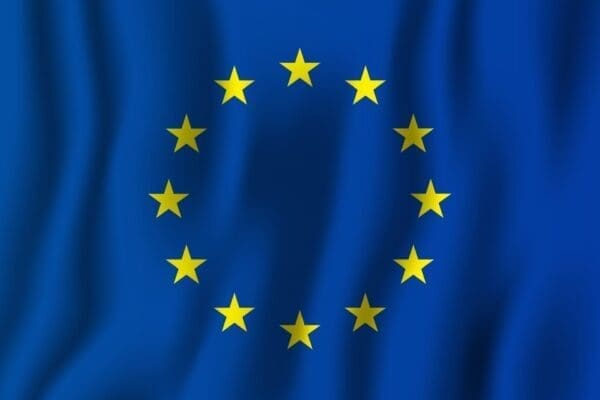The European Commission has proposed authorizing Greece to implement mandatory electronic invoicing for business-to-business (B2B) transactions within the country. This initiative aims to simplify tax compliance, combat VAT fraud, and bring Greece in line with broader EU digitalization efforts.
Key Points of the Proposal
The proposal seeks to grant Greece a temporary derogation from Articles 218 and 232 of the VAT Directive 2006/112/EC. These articles require Member States to accept paper and electronic invoices equally and mandate recipient consent for e-invoicing. By waiving these provisions, Greece can enforce mandatory e-invoicing for domestic B2B transactions.
The shift to e-invoicing aligns with Greece’s existing digital tax platform, myDATA, which facilitates real-time reporting of income and expense transactions. The system’s implementation will enable better fraud detection, improved data accuracy, and pre-filled VAT returns for businesses, significantly reducing administrative burdens.
Implementation Timeline
The proposal outlines a phased approach to mandatory e-invoicing:
- Voluntary Adoption: Businesses can opt into e-invoicing until June 30, 2025.
- Mandatory Compliance: All eligible businesses must comply Starting July 1, 2025. The authorization will last until June 30, 2026, or earlier if EU-wide VAT reforms come into effect.
Importantly, this measure applies only to domestic B2B transactions within Greece and does not affect cross-border or consumer transactions.
Benefits for Businesses
The transition to mandatory e-invoicing is designed to reduce costs and streamline business processes. Key advantages include:
- Reduced Administrative Costs: E-invoicing eliminates the need for physical storage and manual data entry while reducing reporting errors.
- SME Support: Greece provides free tools like the “timologio” application to help small and medium-sized enterprises comply without significant investment.
- Improved Compliance: Pre-filled VAT returns and simplified reporting processes will ease businesses’ burden of tax compliance.
- Fraud Prevention: Real-time data reporting enhances the tax authorities’ ability to detect VAT fraud quickly.
Aligning with EU Digital Initiatives
Greece’s move toward mandatory e-invoicing aligns with the EU’s broader push for digital tax compliance, as outlined in the VAT in the Digital Age (ViDA) package. The ViDA initiative aims to modernize VAT systems across Member States, emphasizing the importance of mandatory e-invoicing and real-time reporting to combat VAT fraud and streamline compliance. Greece’s reliance on its myDATA platform and request for temporary derogations under the current VAT Directive reflect the principles of ViDA. Once the ViDA reforms are fully implemented, such derogations will no longer be necessary. For more details, please read our article about the ViDA package.
Related Updates: Digital Tracking for Goods in Greece
This initiative complements Greece’s efforts to digitize goods tracking through the myDATA platform. A separate reform mandates digital reporting of goods movement, with full compliance required by October 1, 2025. The new rules focus on high-demand goods, including pharmaceuticals and fuel, and aim to modernize logistics processes.
For more details on these updates, check out our article, “Updates on digital tracking for goods transported in Greece.”.
Key Takeaways
- Mandatory E-Invoicing Authorized: Greece can require e-invoicing for domestic B2B transactions from July 1, 2025.
- Phased Approach: Businesses have until June 30, 2025, to voluntarily adopt e-invoicing before compliance becomes mandatory.
- Enhanced Fraud Prevention: Real-time reporting via myDATA will help close the VAT compliance gap and improve fraud detection.
- Support for Businesses: Tools like the “timologio” app and reduced administrative costs aim to ease the transition for SMEs.
- EU Alignment: Greece’s efforts align with the EU’s long-term vision for a digital tax system.
The full proposal is available in all EU languages. Read the document here.


